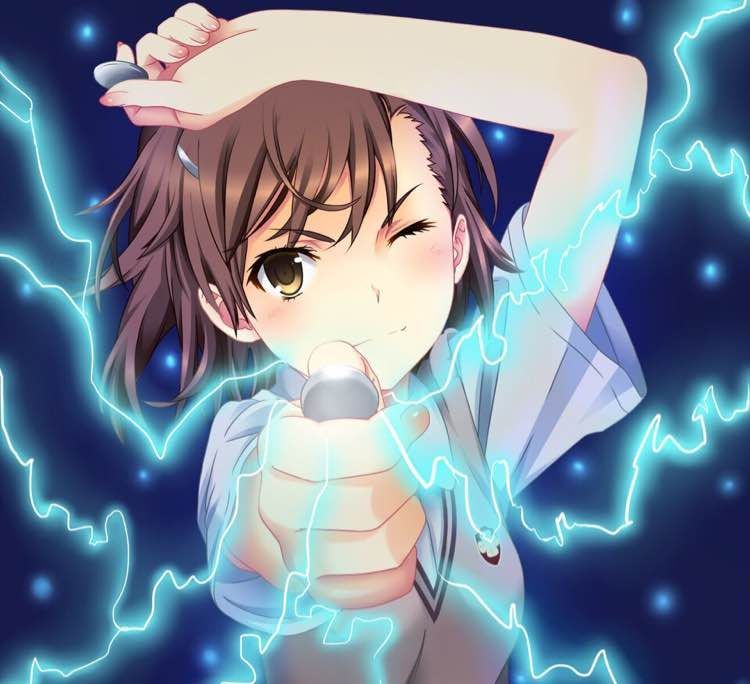
词汇学(2)The Development of the English Language
The English language is not the language of the early inhabitants of the British Isles. Modern English is derived from a group of Germanic dialects, sometimes called Teutonic dialects that were first brought to the British Islands in the fourth and fifth centuries.
The Indo-European Language Family
The surviving languages show various degrees of familarity to one another, the similarity bearing a more or less direct relationship to their geographical distribution. They accordingly fall into ten principle groups, which fall into an Eastern set: Balto-Slavic, Indo-Iranian, Armenian and Albanian; a western set: Celtic, Italic, Hellenic, Germanic, Hittite and Tocharian.
In the Eastern set, Armenian and Albanian are the sole modern language in the two respective families. The Balto-Slavic comprises such modern languages as Prussian, Lithuanina, Polish, Czech, Bulgarian, Slovenian and Russian. In the Indo-Iranian are found Persian, Bengali, Hindi, Romany, the last three of which are derived from the dead languange Sanskirt.
In the Western set, Hitte and Tocharian find no descedants of their own and Greek is the modern language derived from Hellenic. In the Celtic, we find Scottish, Irish, Welsh, Cornish, Breton and Pictish. The five Romance languages, namley, Portuguese, Spanish, French, Italian and Roumanian, all along belong to the Italic through an intermediate language Latin. Finally comes the Germanic family, which is our chief concern as English and its nearest relations are all members of this family. First, we have the four Northern European Languages: Norwegian, Icelandic, Danish and Swedish, which are generally known as Scandinavian languanges. Then come German, Dutch, Flemish and English.
Three Phases of the Vocabulary Development
Old English (450-1150)
The first people known to inhabit the land were Celtics. However, the withdrawal of Roman troops virtually invited the invasion of the rich lowlands by the Picts and Scotts from the North. Although the wars of resistance continued for the next 200 years, the Celts were pushed steadily north and west or across the English Channel to French Brittany or remained to be subjected to the rule of the newcomers.
The Germanic speakers took permanent control of the land that was later to be called English (the land of Angles). Their language, historically known as Anglo-Saxon, dominated and almost totally blotted out the Celtic.
Old Englih was a highly inflected language. Nouns, pronouns, adjectives, verbs and adverbs had complex systems of endings or vowel changes or both, which were differ greatly from the language that we use today.
Middle English (1150-1500)
The Middle English period was one of the great changes, changes more extensive and fundmental than those that had taken place at any time before and since.The single most significance fact of this period, as far as the development of the English language is concerned, was the steady erosion of the Old English inflectional systems.
Another significance point is that the French influence on English vocabulary. When two languages existed side by side for a long time, a considerable transference of words from one language to the other is inevitable.
Modern English (1500 up to now)
Modern English dates from Caxton and the establishment of pringting in England. Considering the changes in vocabulary, it is necessary to subdivide it into Early Modern English (1500-1700) and Late Modern English (1700 up to the present).
General Chanracteristics
Receptivity, Adaptability and Heterogeneity
English has always had the ease and readiness to take itself material from all other languages and has made the new elements its own.
Simplicity and Infelction
Old English vocabulary was characterized by full endings, Middle English by leveled ending, and modern English by lost endings.
E.g.
Old leorn-ian Middle lern-en Modern learn
Old sun-u Middle sun-e Modern son
Relatively Fixed Word-order
In an analytic language like Modern English, a relatively fixed word-order is required. The semantic relation is closely connected to the sentential position of the words. This give rise to the use of prepositions and roundabout ways of saying things to take the place of the lost endings. The development of new variety of intonation to express shades of meaning is another consequence.
Foreign Elements in the English Vocabulary
Major Foreign Elements
Latin
Latin is No.1 among all the foreign elements not because of the actual words borrowed directly from Latin but because of the word-building materials, that is to say roots and affixes.
E.g.
i.d. (id est)= that is to say
a.m. (ante meridiem)= before noon
etc. (et cetera)= and so on
The words borrowed mainly reflect new conceptions in war and agriculture, place names, church terms, commerce, domestic life.
Greek
When we talk about the classic borrowings, we usually think of Latin, seldom realizing Latin itself used to be a medium, through which Greek words were transferred into English. The influx of Greek words into English began with the revival of learning Greek classics.
French
Borrowings from French into English began much later than from Latin and Greek. But French words swarned into the English language at such a great speed that no other language could compare with it. It is estimated that about one fourth of modern English vocabulary has come from French.
Scandinavian
Scandinavian words are homly expressions for things and actions of everyday importance.
Minor Foreign Languages
- Italian
- German
- Dutch
- Spanish and Portuguses
- Celtics
Growth of Contemporary English Vocabulary
There are three main sources of new words:
1. Rapid growth of science and technology breeds such new words.
E.g. retrovirus irradiation astrobiology
2. Social, economic,and political changes bring about an increasing numbers of new words.
E.g. disco talkshow headshop Watergate stagflation
3. The influece of other cultures and languages can be felt in many different fields.
E.g. tahini taiji kungfu dashhikis
Modes of Vocabulary Development
Creation
The formation of new words by using the existing materials, namely roots, affixes and other elements. In modern times, this is the most important way of vocabulary expansion.
E.g. supercomputer Clinton-talk workaholic
Semantic Change
An old form which takes on a new meaning to meet the new need.
E.g.
break (dance) mouse (a device used to operate the computer) web (computer network)



No Comments